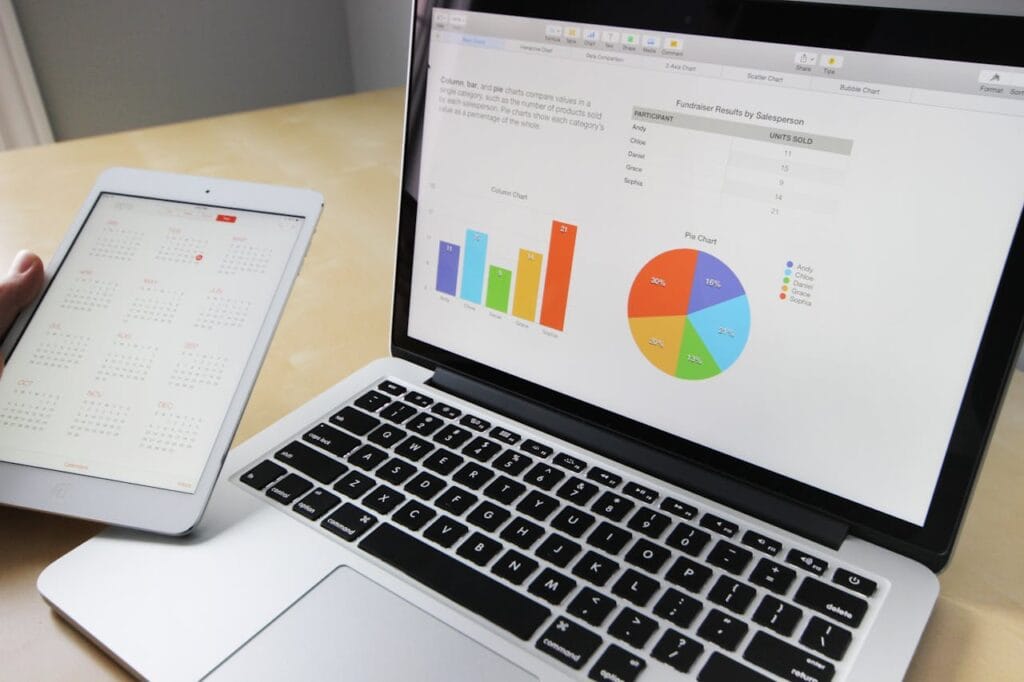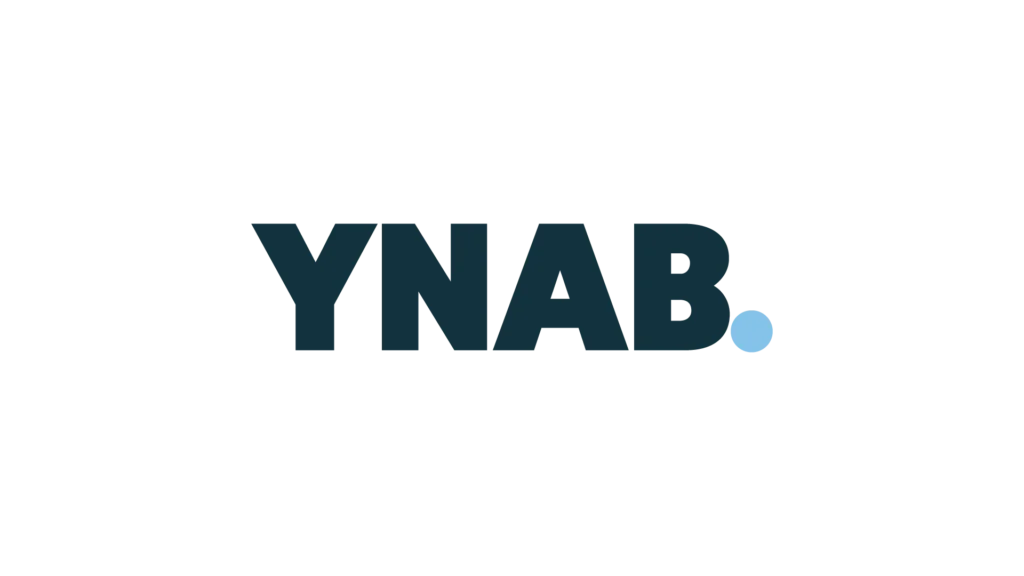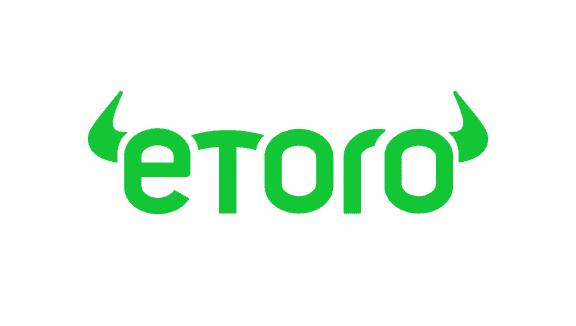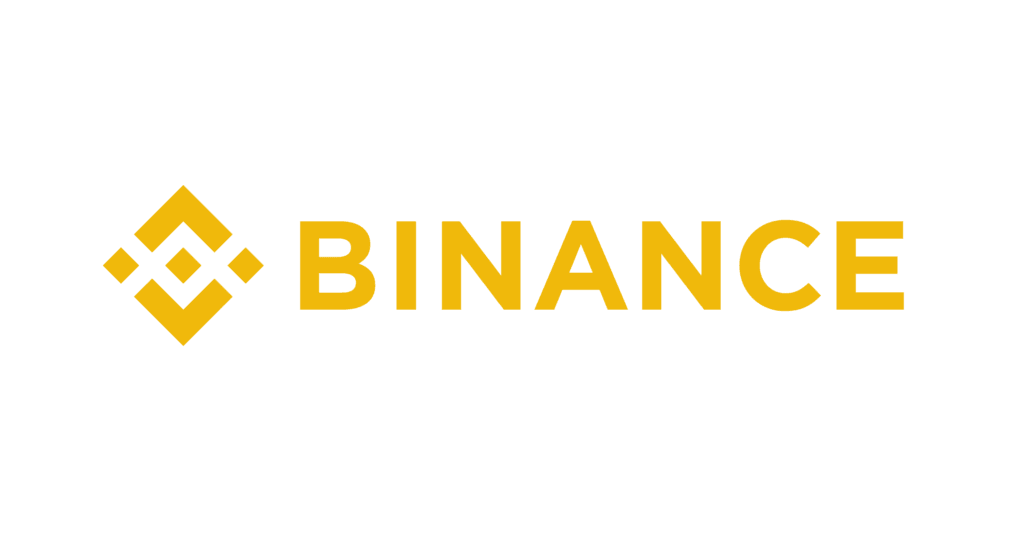
According to Exploding Topics, the FinTech industry is worth more than $ 266 million and there are currently more than 30000 FinTech startups at the moment.
FinTech has fundamentally changed how we manage money. It is everywhere and we have become reliant on FinTech and the benefits it brings to our daily lives and businesses. From budgeting to investment, digital payment to insurance, we have been trying to utilize the full potential of technologies and we still have a long way to go.
In this post, we will discuss some of the top FinTech apps that can make your life easier.
What is FinTech?
Fintech, short for Financial Technology, refers to technologies and tools that disrupt traditional financial services. Unlike traditional financial services with limited operating hours and paperwork, FinTech removes time and space constraints. It streamlines the efficiency of financial services and makes automation possible. Fintech aims to make financial services faster, easier, and more accessible.
Types of FinTech Apps
Budgeting
- Help track income & expenses, set budgets, and categorize spending.
- Examples: YNAB (You Need A Budget), PocketGuard
Investment
- Allow you to investing in stocks, bonds, ETFs
- Examples: Acorns, eToro, Robinhood
Banking
- Conveniently manage your finances from your phone, offering features like mobile deposits, bill pay, and account monitoring
- Examples Chime, HSBC, Revolut
Digital Payment
- Enable quick and easy money transfers between individuals and mobile payments at stores & online retailers.
- Examples: Venmo, PayID, PayPal, Cash App
Loans
- Offer alternative loan options for those who might not qualify for traditional loans.
- Examples: SoFi, Earnest, KOHO, Fundo
InsurTech
- Insurance Technology – Innovate and improve the insurance industry, promote efficiency, reduce costs, and more
- Examples: AAMI, State Farm, Aviva
Cryptocurrencies
- Cryptocurrencies, digital assets
- Examples: Coinbase, Binance, Kraken
RegTech
- Regulatory Technology – A subset of Fintech that helps businesses comply with regulations
- examples: ComplyAdvantage, Chainalysis, Hummingbird
Top Fintech Apps
Cash App (Digital Payment)
What is it?
Cash App is a mobile payment app and investment platform that allows you to send mobile, stocks, and bitcoin easily to your friends and family.
Ratings & Reviews
App Store: 4.8 stars with 6.4M ratings
Google Play store: 100M+ downloads, 4.1 stars with 3.1M ratings
Pros
- Free to send money, stocks or bitcoin
- Free customizable Cash App debit card
- In-app discount offers for some retail stores
- Savings account with a high interest rate
- Invest in stocks and ETFs with no commission fee
Cons
- Only available in the U.S and the U.K
- Initial limit of sending $1000 a month
- Customer service is not the best
Paypal (Digital Payment)

What is it?
Paypal is an online payment method that is similar to Cash App
Ratings & Reviews
App Store: 4.8 stars with 6.3M ratings
Google Play store: 100M+ downloads, 4.1 stars 3.2M ratings
Pros
- Available in most countries
- No limit for verified accounts, however, there are single transaction limits
- Excellent customer service
Cons
- Expensive fees for international payments
- Fees for business transactions
- Frequent account freezes reported for businesses
You Need A Budget (Budgeting)

What is it?
A budgeting app that allows you to track and categorize all of your expenses. It helps you proactively manage your money by allocating every dollar of your income and plan months in advance.
Ratings & Reviews
App Store: 4.8 stars with 51k ratings
Goolge Play store: 1M+ downloads, 4.5 stars 18.6k ratings
Many described it as “life-changing”
Pros
- Available globally
- 34-day free trial
- User-friendly interface
- Goal-settings features
- Available on multiple devices – tablets, phones, smartwatches
Cons
- Paid Subscription – $14.99 USD/month or $99 USD/ year
- Steep learning curve – requires time and effort
- Bill tracking and bill paying are not available
RobinHood (Investment)

What is it?
Robinhood is a stock trading & investment app. It allows investors to buy stocks, ETFs, and crypto-currencies with zero commission fees.
Ratings & Reviews
App Store: 4.2 stars with 4.3M ratings
Google Play Store: 10M+ downloads, 4.3 stars with 490K ratings
Pros
- Commission-free
- Get paid interest on unused balance
- No minimum balance
Cons
- Only available in the U.S
- Don’t offer foreign stock trading
eToro (Investment)

What is it?
eToro is a multiple-asset investment platform that combines traditional online brokerage services and social features.
Ratings & Reviews
App Store: 4.5 stars with 29 ratings
Google Play Store: 10M+ downloads, 3.9 stars with 139k ratings
Trustpilot: 4.5 stars with 23,616 ratings
Pros
- Zero commission on stocks, including international stocks
- Copy trading
- Social Network – allows you to connect with other investors
- Available in over 70 countries
Cons
- Currency only in USD (conversion fees)
- $5 withdrawal fees
- $10 USD inactivity fee/month if you don’t log into your account for more than a year
Binance (Cryptocurrency)

What is it?
Binance is one of the largest cryptocurrency exchanges with the highest trading volume. It has over 2 billion users and it’s one of the best crypto currency exchanges currently available.
Ratings & Reviews
App Store: 4.8 stars with 7.4k ratings
Google Play Store: 100M+ downloads, 4.6 stars with 2.1M ratings
Pros
- Over 500 cryptocurrencies available
- Competitive trading fees
- Free Bitcoin trading on selected pairs (U.S only)
- Secure Platform
Cons
- No email or phone customer support
- It can be overwhelming for beginners as there are too many features
Why Do You Need FinTech Apps?
Personal Use
- Convenience and Accessibility: Fintech apps are often designed so you can access them anywhere and anytime you want.
- Improved Financial Management: Many FinTech apps offer features tools like expense tracking features and personalized financial insights that help you make better financial decisions.
- Automation and Efficiency: Fintech apps can automate repetitive tasks such as bill payments, transfers, and savings deposits. Saving your time and effort.
Business Use
- Streamlined Payment Processing: Fintech apps can make it easier and faster for businesses to accept payments from customers, and
- Simplified Accounting and Bookkeeping: Some fintech apps offer integrated accounting and bookkeeping tools, allowing businesses to track expenses, generate invoices, and manage their cash flow more efficiently.
- Improved Cash Flow Management: Helping businesses manage their cash flow by providing real-time insights into their finances.
- Enhanced Customer Experience: Improving customer experience by offering convenient payment options, loyalty programs, and other features.
How to choose the best fintech apps
Features
What functionalities are useful for you?
Example: Cash App – all-in-one, digital payment plus investing in stocks.
Security & Privacy
How secure is your data? (Encryption, data protection measures)
Example: Does the app offer two-factor authentication and a clear privacy policy?
Fees & Costs
Free or paid subscription? Commission fees? Hidden Fees?
Example: Compare free features vs. paid plans and choose the one that fits your budget.
Convenience & User Interface:
How easy is it to use?
Example: Does the app have a clear design? Is it easy to use?
Reputation & Trust:
Who is behind the app? Does the company have a good reputation?
Key Takeaways
- FinTech has revolutionized the financial world and our daily lives, from budgeting, investment, and digital payment to regulations compliance.
- Some top FinTech apps include Cash App, PayPal and Binance.
- Choose the best FinTech apps by considering factors such as features, costs and security.


Pingback: 5 Best Cash App Alternatives (2024) %